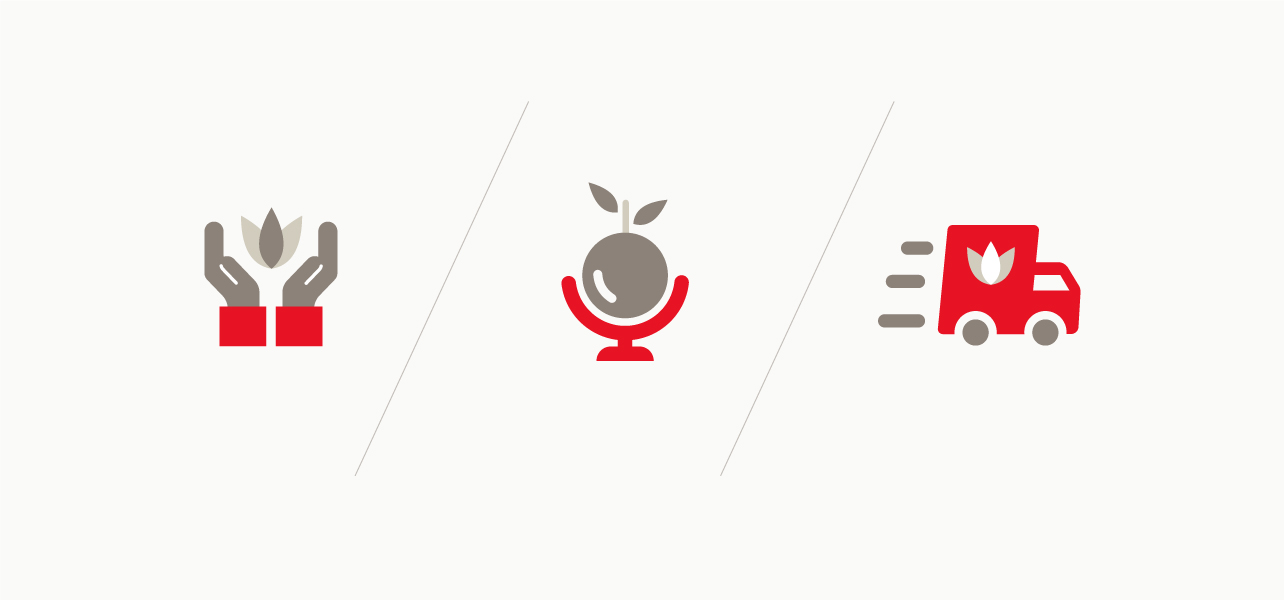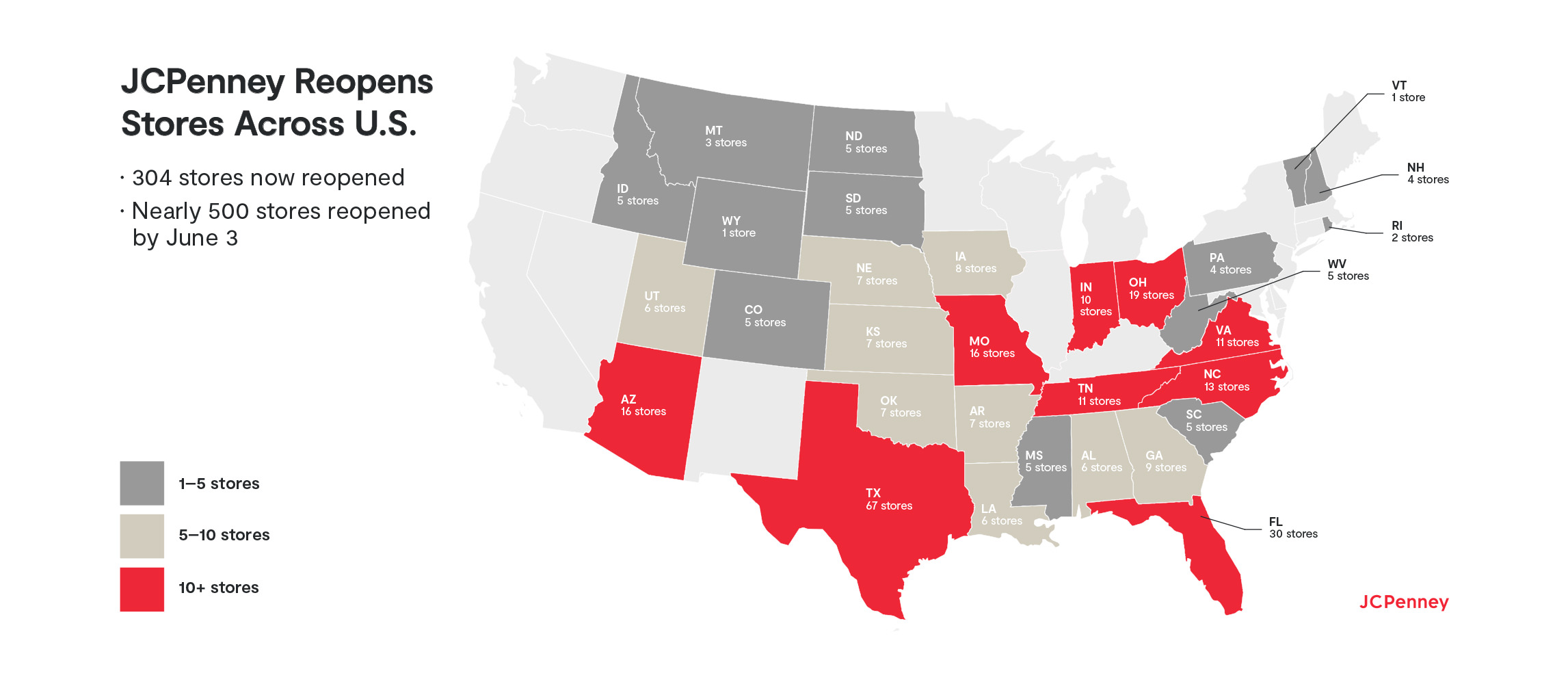For more than a century, JCPenney has built a legacy of operating in an ethical and responsible manner. During this Climate Week – a climate action-focused summit held in tandem with the UN General Assembly – we are sharing our recent efforts to drive sustainable practices.
Advancing Supply Chain Sustainability
 We actively participate in the Environmental Protection Agency’s (EPA) SmartWay Program, which helps companies advance supply chain sustainability by measuring, benchmarking, and improving freight transportation efficiency. The EPA recently named JCPenney a 2020 SmartWay High Performer, a distinction reserved for just 5% of all SmartWay shippers that meet the most stringent emissions criteria.
We actively participate in the Environmental Protection Agency’s (EPA) SmartWay Program, which helps companies advance supply chain sustainability by measuring, benchmarking, and improving freight transportation efficiency. The EPA recently named JCPenney a 2020 SmartWay High Performer, a distinction reserved for just 5% of all SmartWay shippers that meet the most stringent emissions criteria.
In addition, JCPenney is a finalist for the 2020 SmartWay Excellence Award acknowledging outstanding environmental performance. This is the EPA’s highest recognition for demonstrated leadership in freight supply chain energy and environmental performance. We are honored to receive this recognition to reduce emissions, increase energy efficiency, and decrease fuel consumption to minimize the Company’s impact on the environment.
Sourcing Sustainable Products
 JCPenney has a rich history of product development and design. With decades of global sourcing and quality assurance experience, and partnerships with nearly 400 suppliers, we deliver industry-leading private brand products our customers love with the style, quality, and value they expect. We’re on a mission to create more sustainable and responsibly sourced products manufactured in clean, healthy environments.
JCPenney has a rich history of product development and design. With decades of global sourcing and quality assurance experience, and partnerships with nearly 400 suppliers, we deliver industry-leading private brand products our customers love with the style, quality, and value they expect. We’re on a mission to create more sustainable and responsibly sourced products manufactured in clean, healthy environments.
Recently, we have focused on increasing our assortment of OEKO-TEX® Certified products, meaning they have been tested and verified to be free from more than 300 harmful substances. We are proud that over one-third of our apparel mills are OEKO-TEX® Certified and our new Linden StreetTM home brand was designed not only to make living comfortable – effortlessly – but also with sustainable fabrics and new packaging made of biodegradable labels and recycled polyester. Across all of our private labels we are also choosing packaging materials that are less resource intensive and include recycled materials.
Building Strong Partnerships
 We know the challenge to create sustainable change is too big to solve alone, and we partner with organizations such as the Sustainable Apparel Coalition (SAC), the apparel, footwear, and textile industry’s leading alliance to reduce the environmental and social impacts of production. SAC’s Higg Facility Environmental Module (Higg FEM) helps suppliers improve their energy management by standardizing how they track consumption, establishing targets, and reporting progress.
We know the challenge to create sustainable change is too big to solve alone, and we partner with organizations such as the Sustainable Apparel Coalition (SAC), the apparel, footwear, and textile industry’s leading alliance to reduce the environmental and social impacts of production. SAC’s Higg Facility Environmental Module (Higg FEM) helps suppliers improve their energy management by standardizing how they track consumption, establishing targets, and reporting progress.
We encourage our suppliers to participate in the Higg FEM and have tracked reporting since 2017. During that time, JCPenney’s participating suppliers’ average energy scores have improved 21% and are approximately 10 points higher than the current industry average.
JCPenney is committed to providing a sustainable future for our associates, customers, and communities. While we are immensely proud of the work we have accomplished, we recognize that sustainability is an ongoing journey we’ll continue to take as we make strides toward our overall efforts and align eco-friendly goals.


